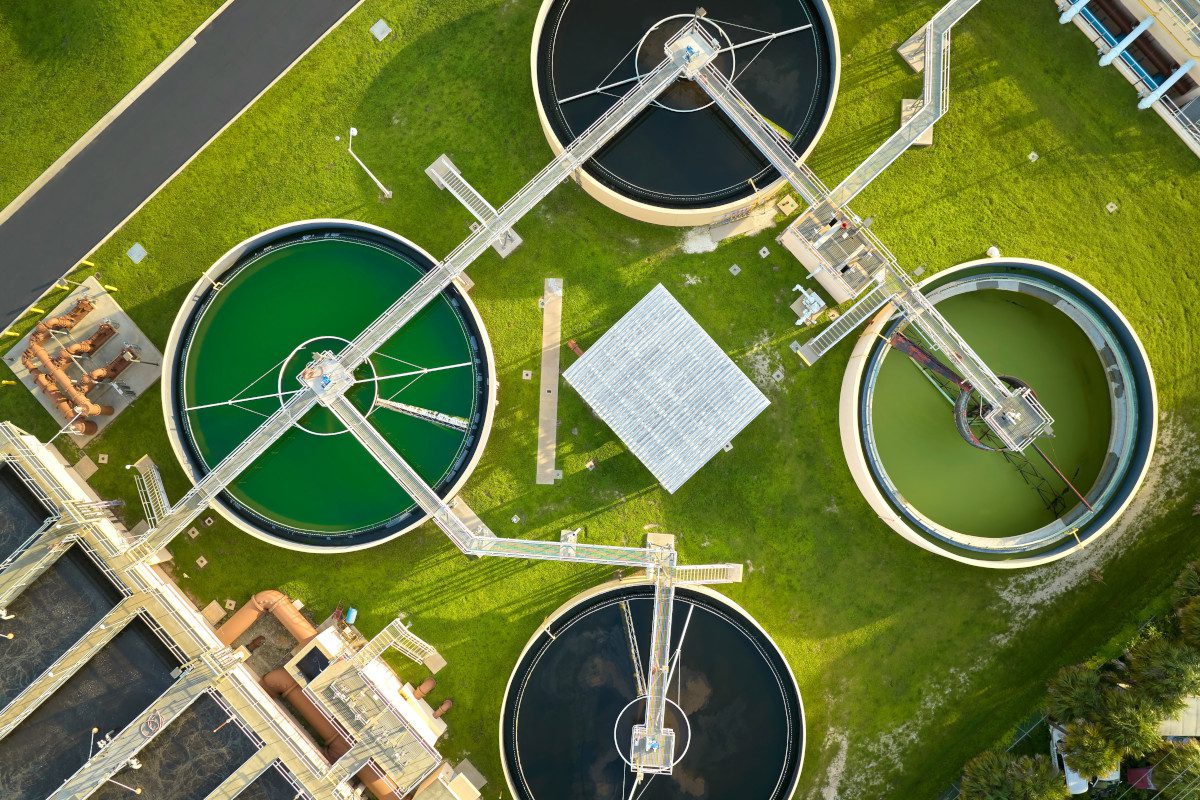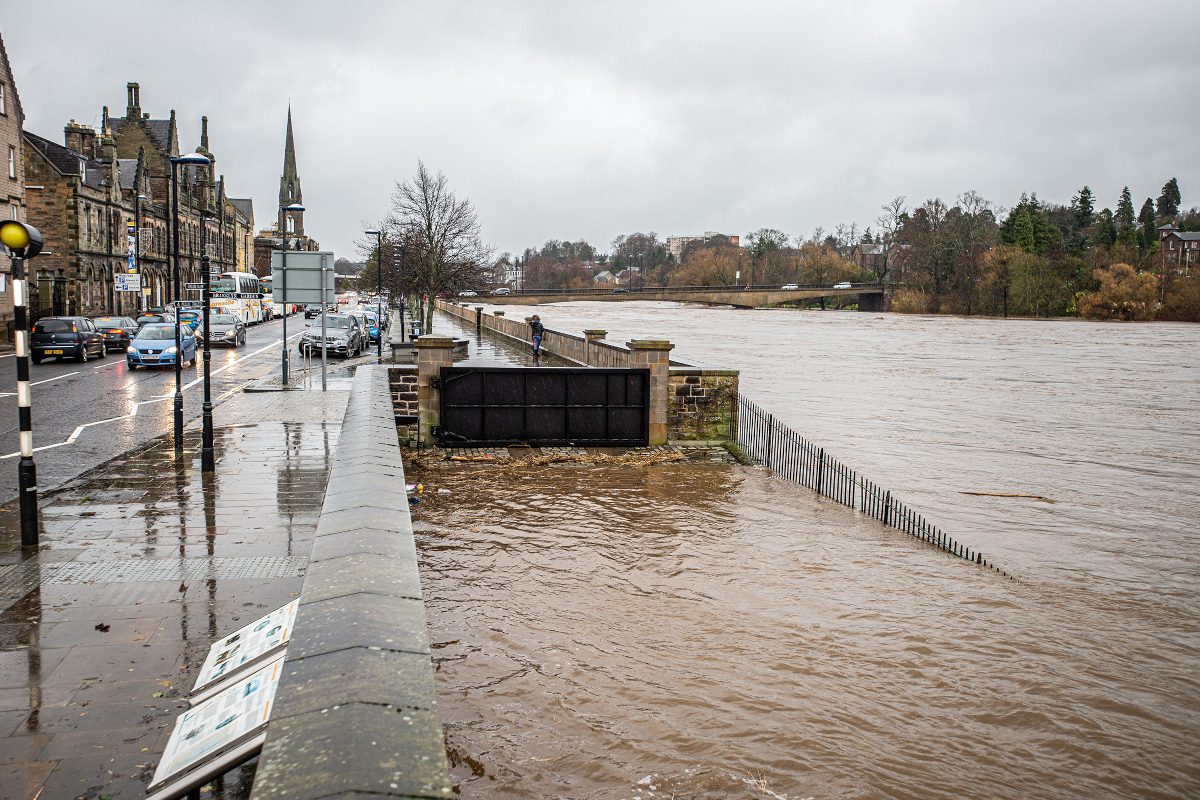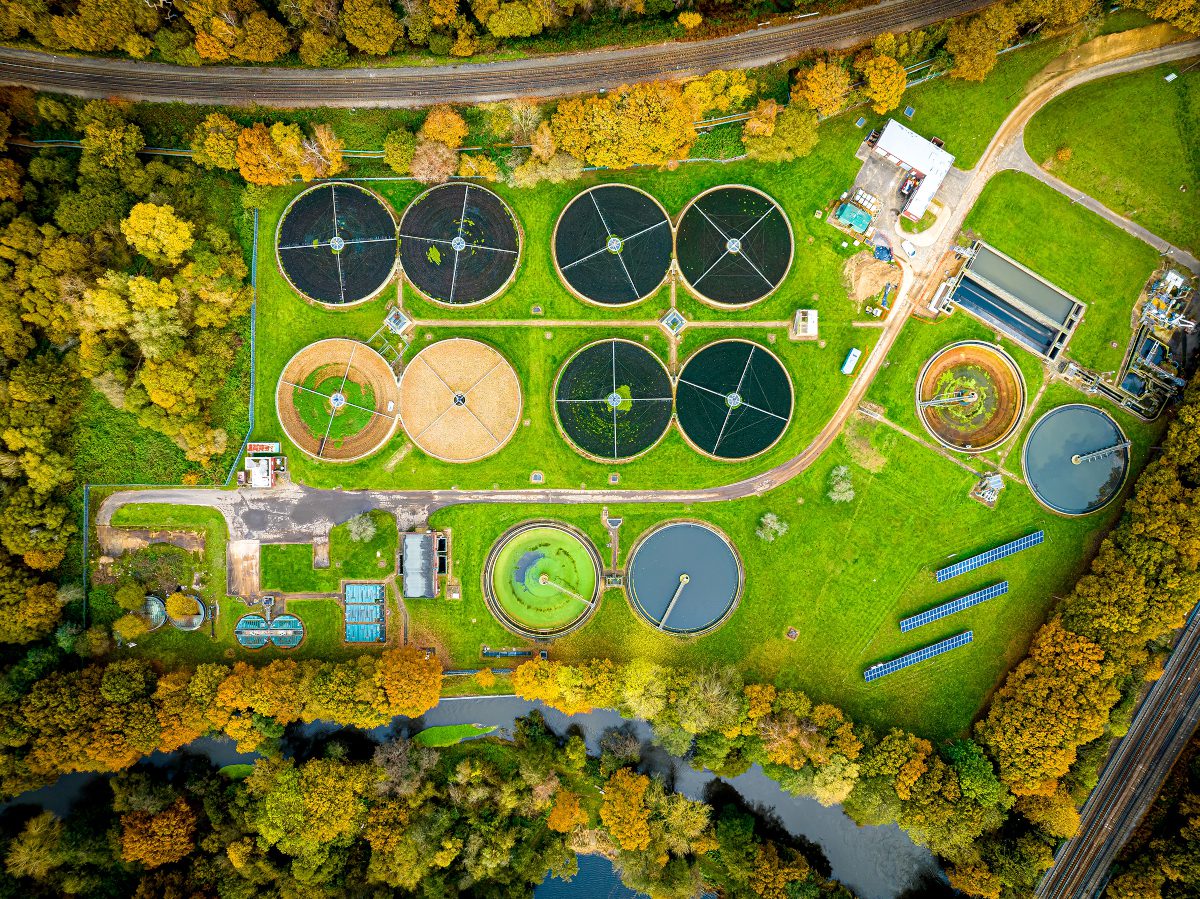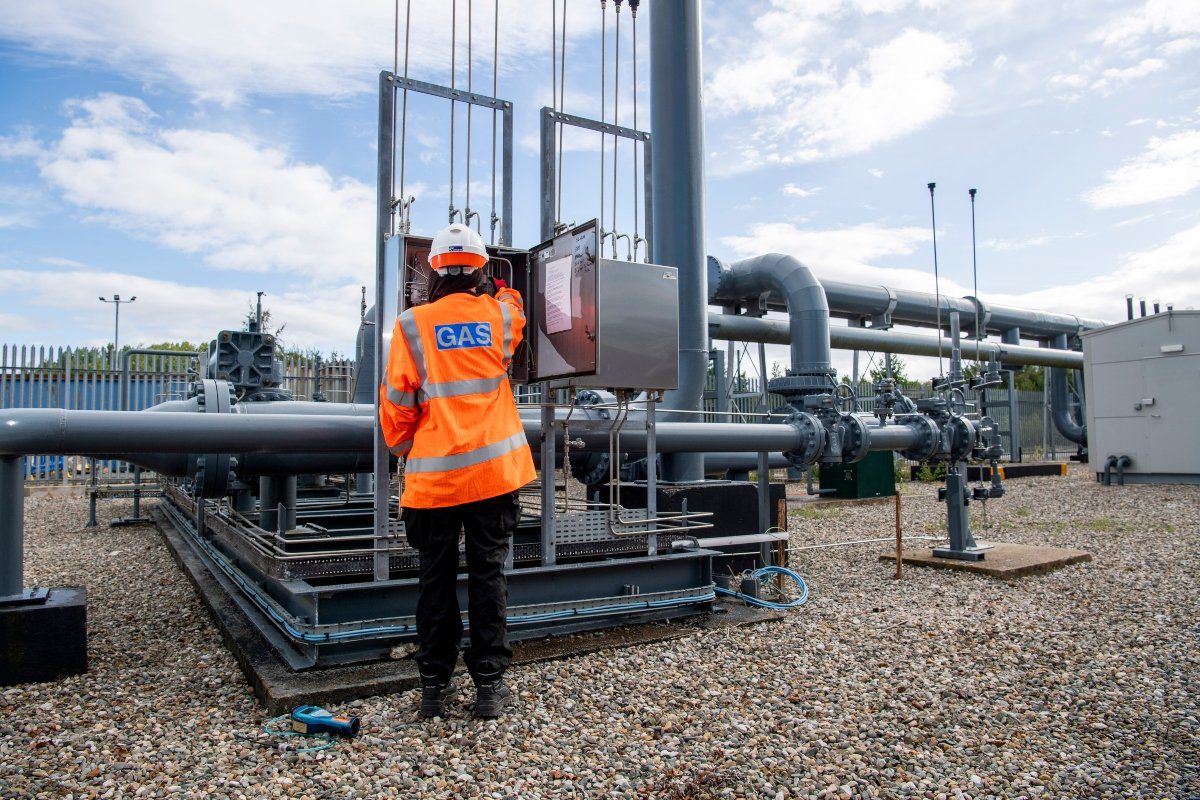New study appears to show that regional water availability constrains the current and future production of 32 geological resources
Geological resources such as critical metals and minerals, essential for the diffusion of technologies such as renewable energy and energy storage towards a decarbonized society, are indispensable for supporting modern life in the form of various products and services. Their demand is expected to increase in the coming years owing to global population as well as economic growth. Thus far, scientists and policymakers have primarily discussed geological resource availability from the viewpoint of reserves and resources in the ecosphere and technosphere. However, resources such as metals require a lot of energy and water resources for various production processes such as mining, beneficiation, and refining, which may constrain their production. Therefore, there are concerns about whether production of geological resources can continue within the sustainable use limit (planetary boundary) of water availability, or if production can be increased to meet future increases in demand.
In addition to carbon emissions associated with geological resource production, which account for about 10% of global carbon emissions, water consumption is another major environmental concern. Alarmingly, water consumption in resource production has already surpassed sustainable levels in many regions, with 24% of global water demand exceeding the carrying capacities of available water resources. This situation threatens to restrict the availability of critical metals and minerals necessary for advancing green technologies.
Despite the urgency, a comprehensive global analysis of sustainable water use in geological resource production has been limited.
In what’s presented as a recent advance along these lines, an international team of researchers explored the possibility of water constraints for geological resource availability, as a planetary boundary for geological resource production.
The study was led by Dr Masaharu Motoshita from the Research Institute of Science for Safety and Sustainability, National Institute of Advanced Industrial Science and Technology, Japan.
Dr Motoshita said, “We demonstrated in our previous study that major watersheds, accounting for 80% of the total water consumption, are facing overconsumption of water beyond their carrying capacity.”
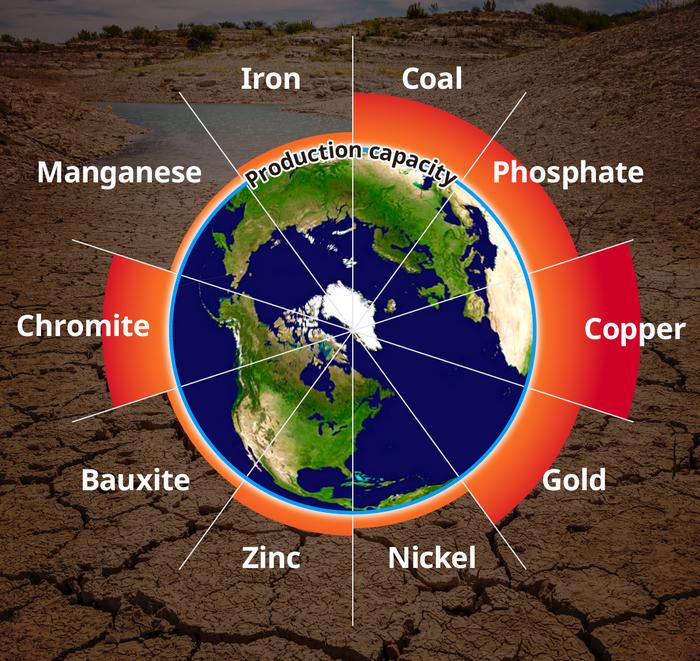
In this study, the team estimated the water consumption associated with the production of 32 key geological resources across around 3,300 mines worldwide. The results revealed that water use for the production of 25 of these resources exceeded the sustainable limits of water availability. Notably, while iron production has high water consumption, only 9% of its production exceeded water constraints in 2010. In contrast, copper production, despite having lower water consumption, saw 37% of its current production surpassed the sustainable water limit. This highlights the need for sustainable water use in geological resource production, particularly for water-intensive metals like copper.
The authors say the study underscores that the constraints on resource production are not only determined by the total amount of water consumed, but also by the regional water availability. Shifting production to areas with lower water stress could alleviate some of these pressures; however, in many cases, it is not feasible to move production operations to regions with abundant water due to logistical, economic, and infrastructural challenges, and the geology of where the resources are located.
“The findings of this project will help anticipate potential disruptions in the supply of metals and other materials that are critical for modern green technologies like renewable energy and energy storage,” said Dr Motoshita. “By improving resource efficiency, enhancing recyclability, and exploring alternative resources, we can address future supply challenges. Additionally, these insights will guide policy decisions on resource exploration and procurement, the selection of alternative materials, and the development of sustainability targets for geological resource use and recycling.”
The study emphasizes the need for a more comprehensive consideration of environmental constraints in the future production of geological resources. With rising demand and growing environmental pressures, understanding and managing environmental consequences of geological resource production is crucial for achieving long-term sustainability and meeting the global goals for clean energy and decarbonization.



